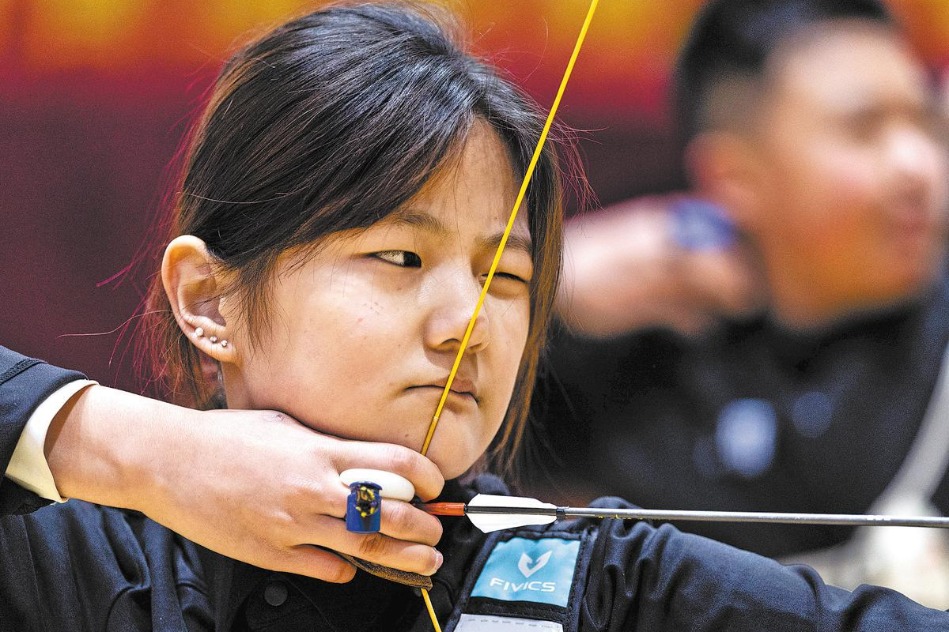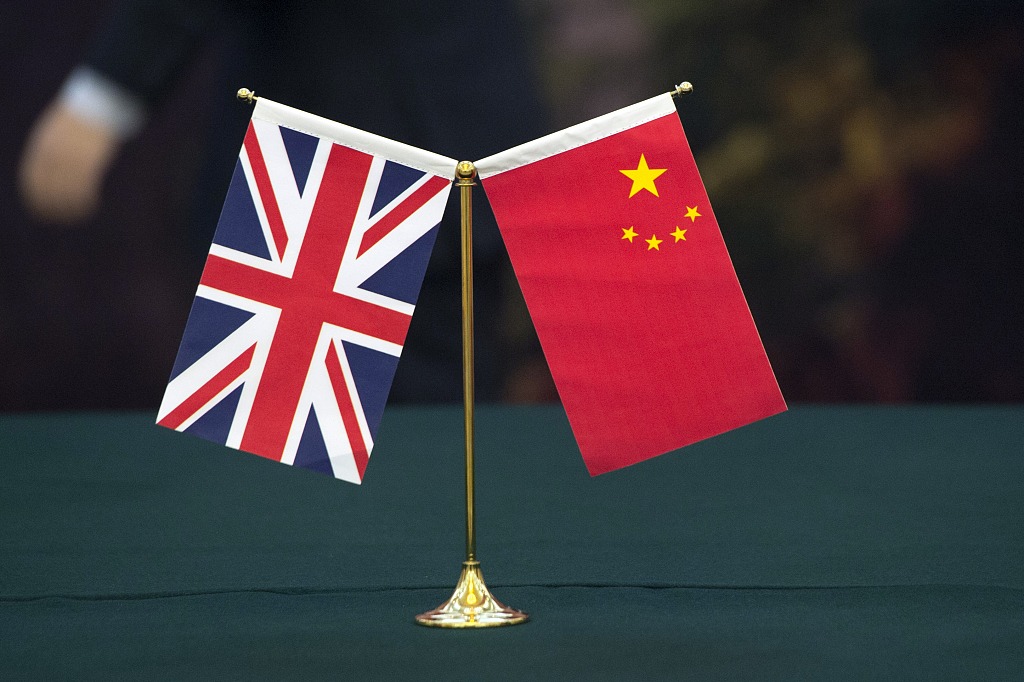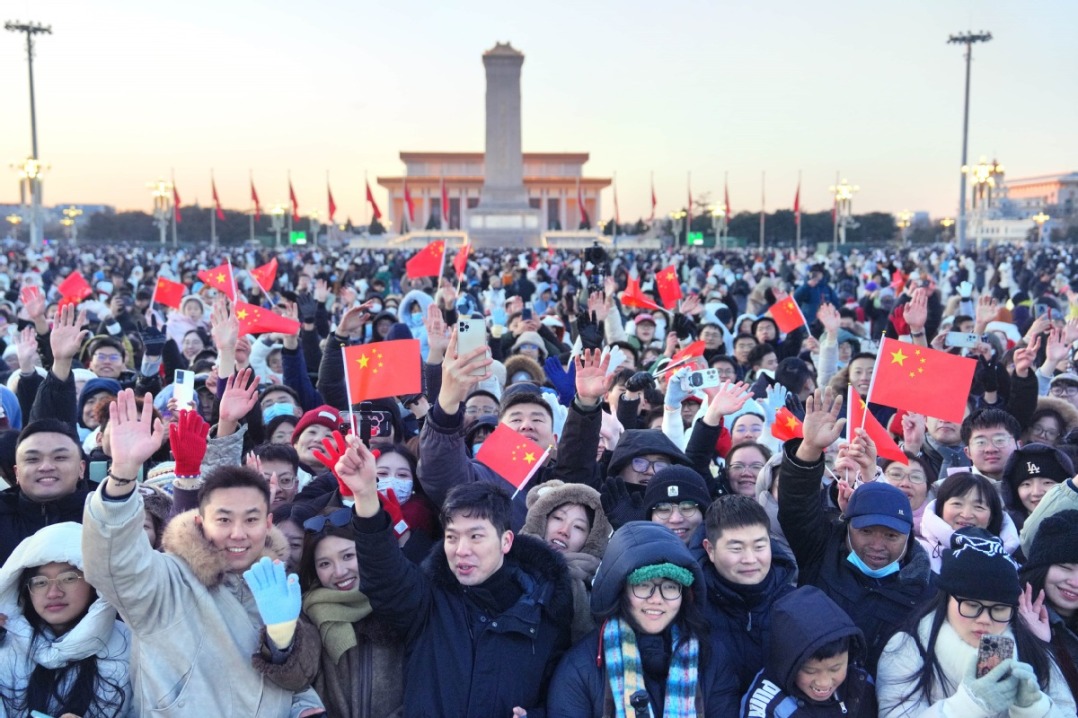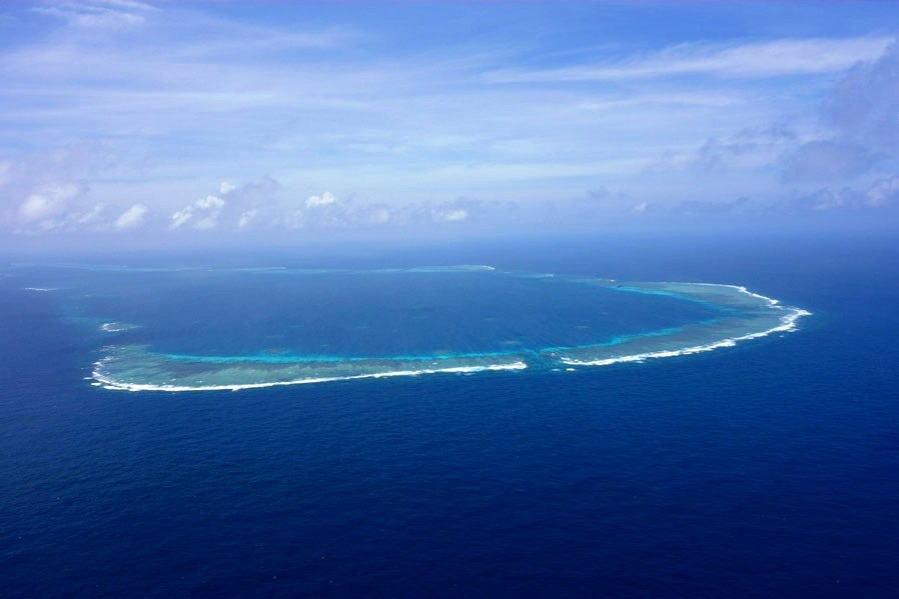So-called arbitration award nugatory ploy of US

Editor's Note: The following are excerpts of Foreign Ministry spokesperson Wang Wenbin's response at a regular news conference in Beijing on Wednesday to a question regarding a statement Manila has recently issued on the seventh anniversary of the award in the so-called arbitration on the South China Sea. In the statement, Philippine Secretary for Foreign Affairs Enrique Manalo claimed that the award is now part of international law, and the Philippines welcomes the growing number of partners that have expressed support for the award.
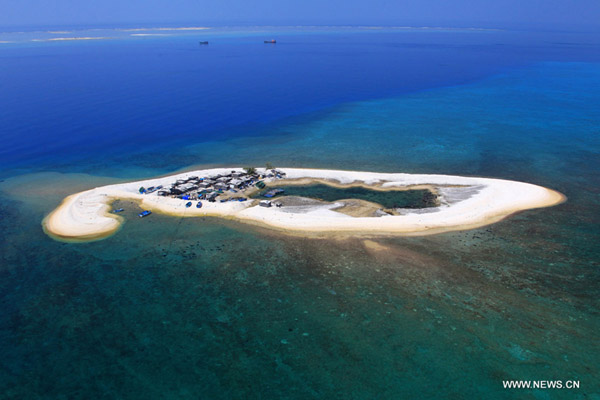
China's position on the so-called South China Sea arbitration and the award is consistent, clear and firm.
The Foreign Ministry issued a statement on that in 2016. The Arbitral Tribunal violated the principle of state consent, exercised its jurisdiction ultra vires and rendered an award in disregard of the law.
This is a grave violation of the United Nations Convention on the Law of the Sea and general international law. The award is illegal, null and void. China does not accept or recognize it, and will never accept any claim or action based on the award. China's sovereignty and rights and interests in the South China Sea were established in the long course of history, and are solidly grounded in history and the law. This shall under no circumstances be affected by illegal awards.
The illegal award of the so-called South China Sea arbitration has been questioned widely by the international community. Many internationally authoritative law experts and scholars, including a former president of the International Court of Justice and a former judge of the International Tribunal for the Law of the Sea, have written articles to point out the serious flaws in the award.
Some people in the Philippines have publicly noted that the award is illegal and wrong. China's position of not accepting or recognizing the award has won the support and understanding of over 100 countries.
China and the Association of Southeast Asian Nations member states are fully implementing the Declaration on the Conduct of Parties in the South China Sea in an effective way, and actively advancing consultations on a Code of Conduct in the South China Sea. All parties have agreed to handle the South China Sea issue by following the dual-track approach, namely, maritime disputes should be handled properly by countries directly concerned through dialogue and consultation, and peace and stability in the South China Sea should be jointly safeguarded by China and the ASEAN countries.
The Philippines should continue working with China to properly handle and manage maritime differences through dialogue and consultation, and work with regional countries to uphold peace and stability in the South China Sea, rather than make the marine disputes a leverage for the United States to sabotage regional cooperation and stability. It is Washington that is the true plotter and beneficiary of the illegal "arbitration".
















